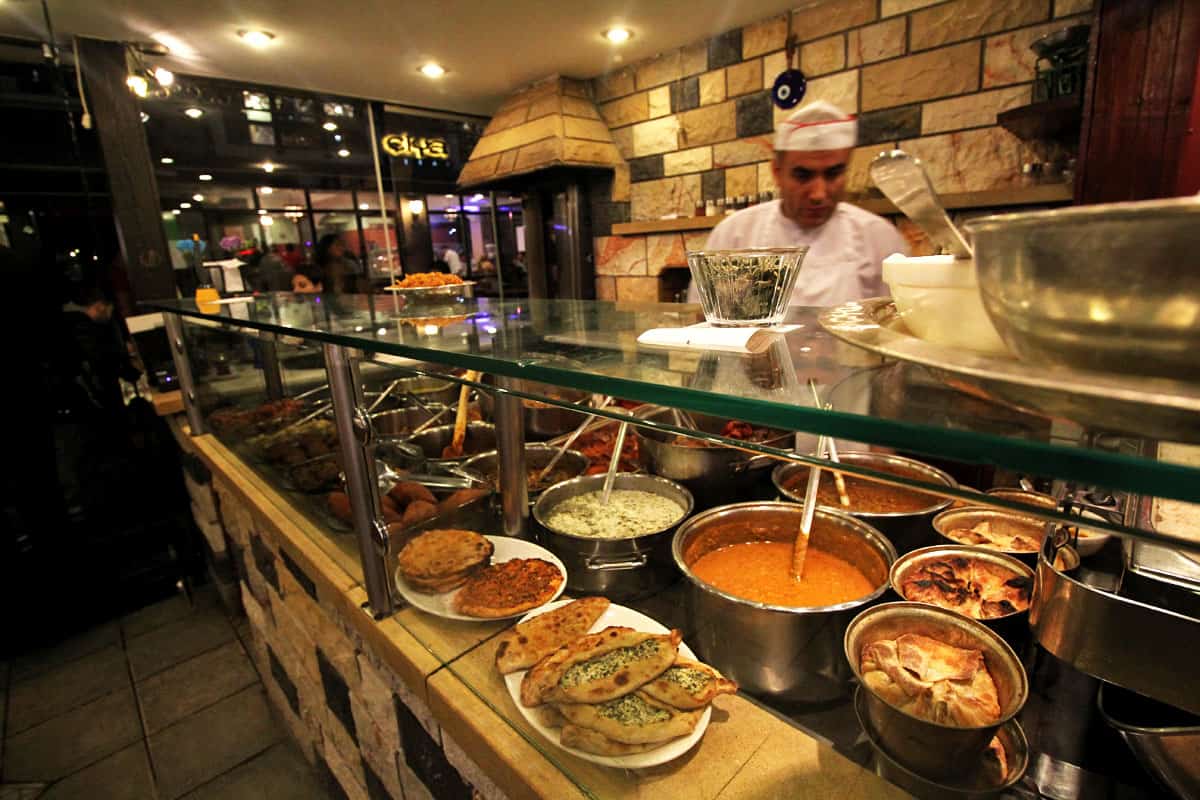Istanbul
WELCOME TO Istanbul
Province Overview
Istanbul
5,343 km2
15 million
Turkish
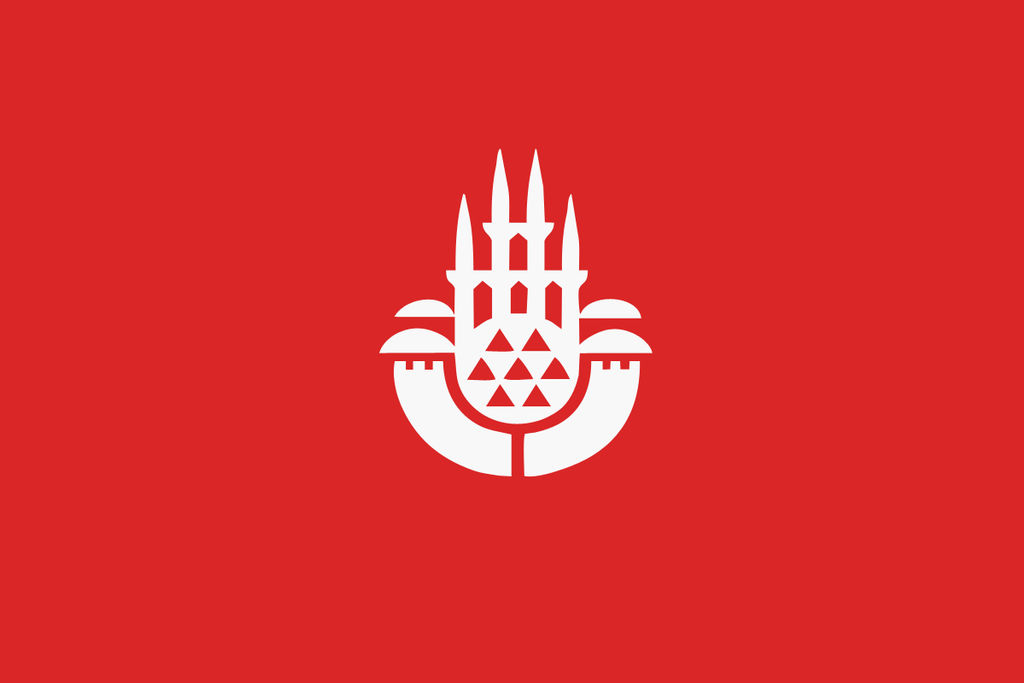
Popular
Geography and Tourist Attractions
Information about the province's tourist attractions, including popular destinations, events, and activities.
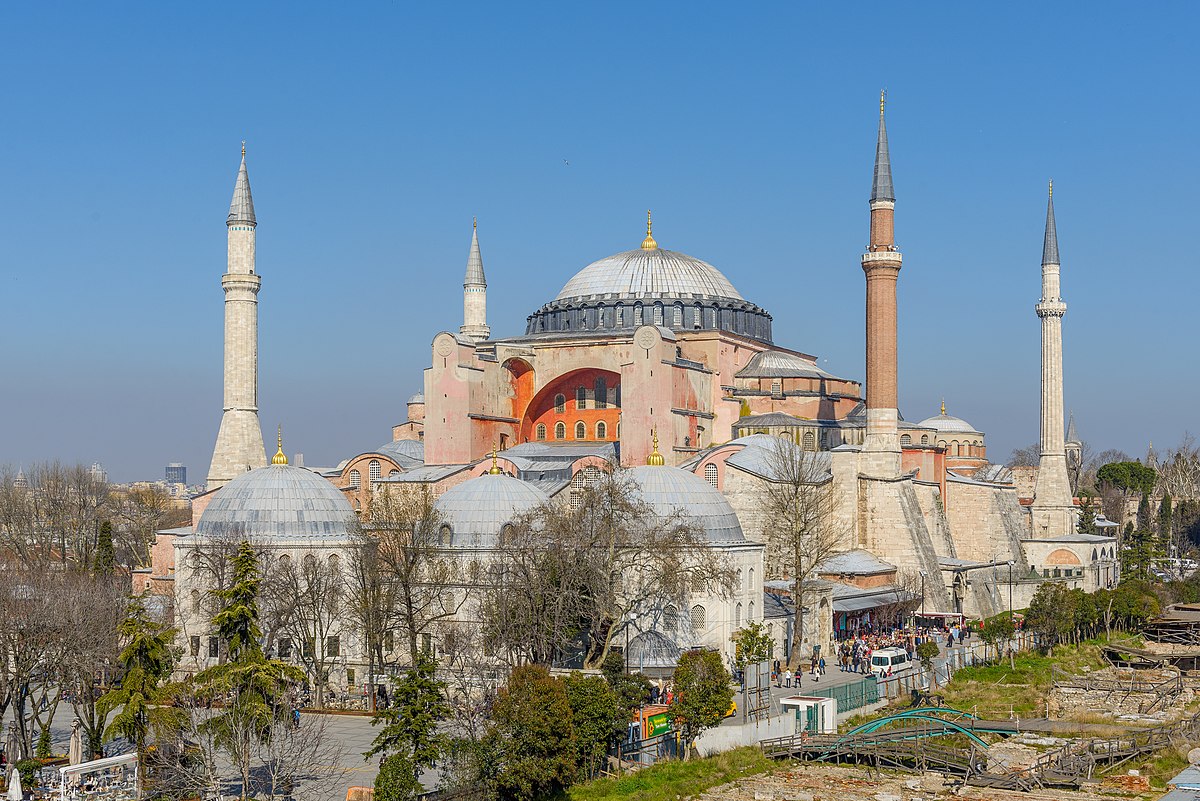
Hagia Sophia
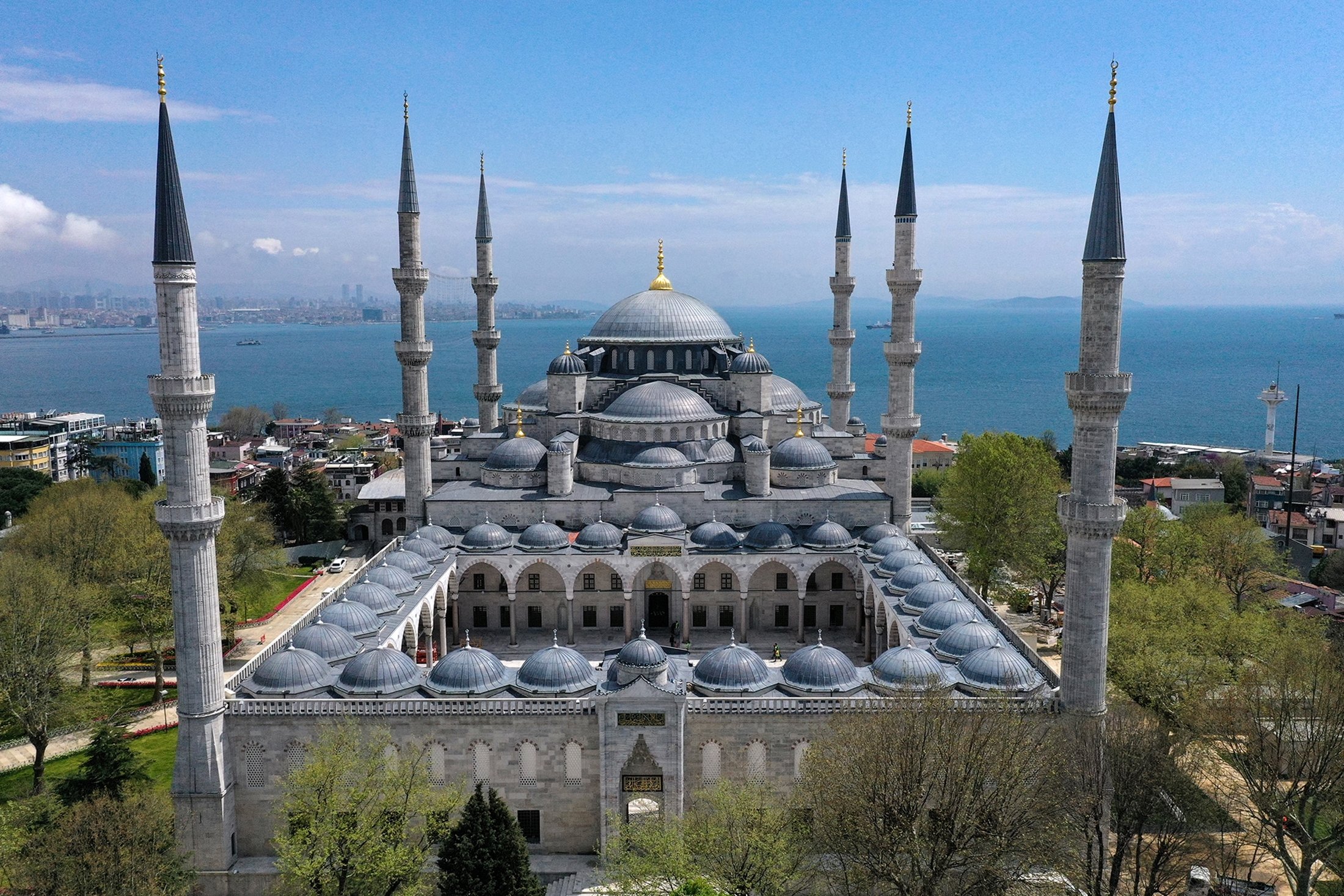
Blue Mosque
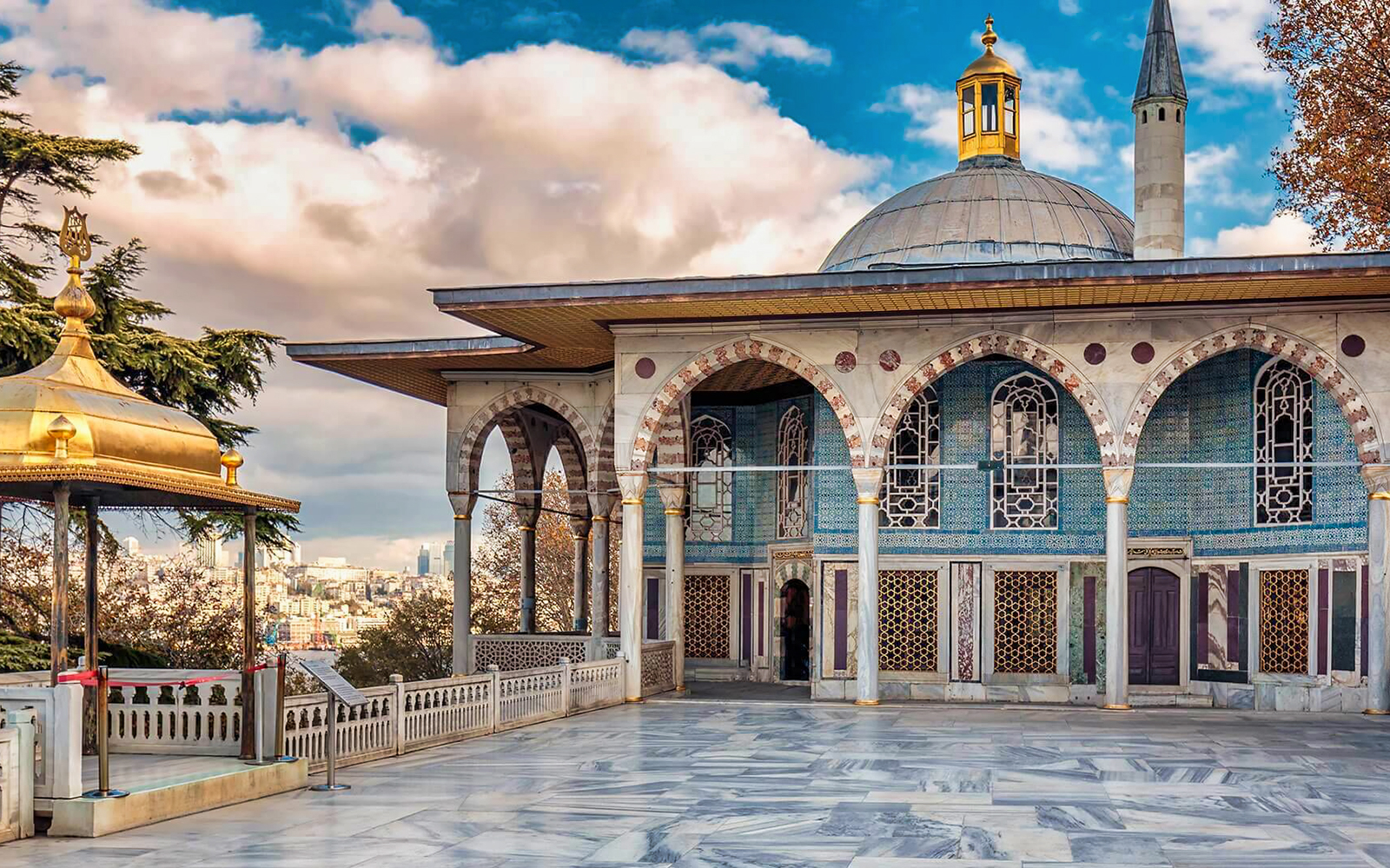
Topkapi Palace
Political
Economy and Government
Economy:
Istanbul plays a crucial role in Turkey's economy, serving as the country's financial and commercial hub. It is a major center for various industries, including finance, tourism, manufacturing, and services. The city boasts a vibrant business environment, attracting both domestic and international companies. Istanbul's strategic location, with its two bridges connecting Europe and Asia, facilitates trade and commerce. The city's ports, such as the Port of Haydarpaşa and Port of Ambarlı, contribute to its status as a vital transportation hub.
Government:
Istanbul is governed by a metropolitan municipality, which is responsible for managing the city's administrative affairs. The Istanbul Metropolitan Municipality (İBB) oversees a wide range of services, including urban planning, transportation, infrastructure development, and public services. The municipality is headed by a mayor, who is elected by the residents of Istanbul. The mayor, along with the city council, makes decisions on various issues affecting the city's development. Istanbul is divided into numerous districts, each with its own local municipality responsible for local governance and services.
It's important to note that specific details about the economy and government of Istanbul may have changed since my last knowledge update in September 2021. It's recommended to refer to the latest official sources for the most accurate and up-to-date information.
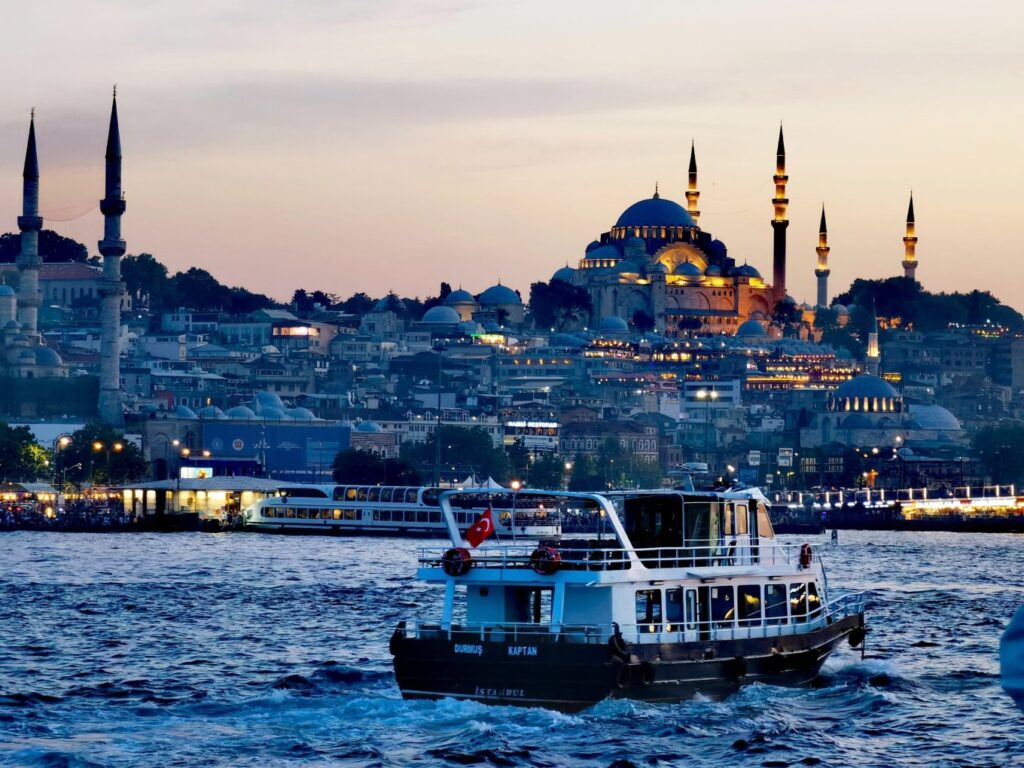
History
History and Culture
Istanbul, as a city in Turkey, has a rich history and vibrant culture that spans thousands of years. Previously known as Byzantium and Constantinople, Istanbul has been a significant center for various civilizations, including the Roman, Byzantine, and Ottoman Empires.
The city's history is reflected in its architecture, with iconic landmarks like the Hagia Sophia and the Blue Mosque showcasing Byzantine and Ottoman influences. Istanbul's historic peninsula, a UNESCO World Heritage Site, is home to numerous ancient structures, such as the Basilica Cistern and the Byzantine Hippodrome.
The cultural fabric of Istanbul is a captivating blend of traditions from diverse backgrounds. The city's cuisine is renowned for its flavors and includes delicacies like kebabs, mezes, and baklava. Istanbul also hosts vibrant festivals, such as the Istanbul International Film Festival and the Istanbul Music Festival, which celebrate the arts and bring together artists from around the world.
The people of Istanbul are known for their warmth and hospitality, welcoming visitors with open arms. The city's bazaars, like the Grand Bazaar and the Spice Bazaar, offer a sensory experience with their bustling atmosphere, vibrant colors, and a wide array of goods.
Istanbul's history and culture make it a captivating destination, where ancient traditions meet modern influences, creating a unique and enchanting experience for locals and tourists alike.
HOTELS
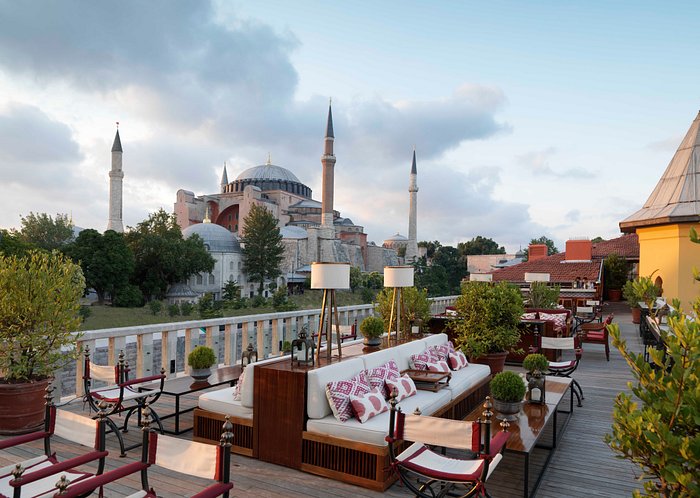
Four Seasons Hotel Istanbul at Sultanahmet

Ciragan Palace Kempinski Istanbul
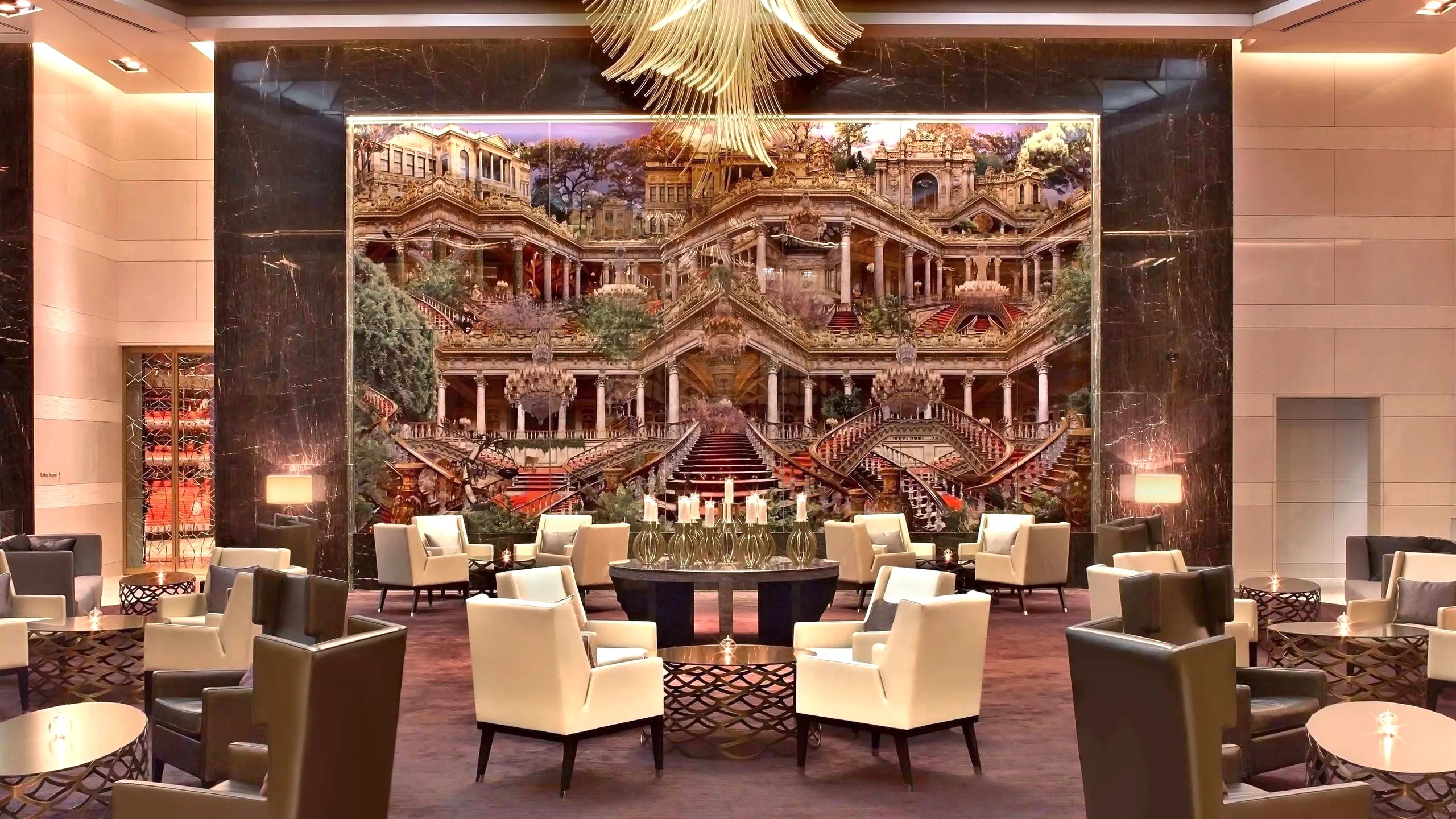
Raffles Istanbul
RESTAURANTS
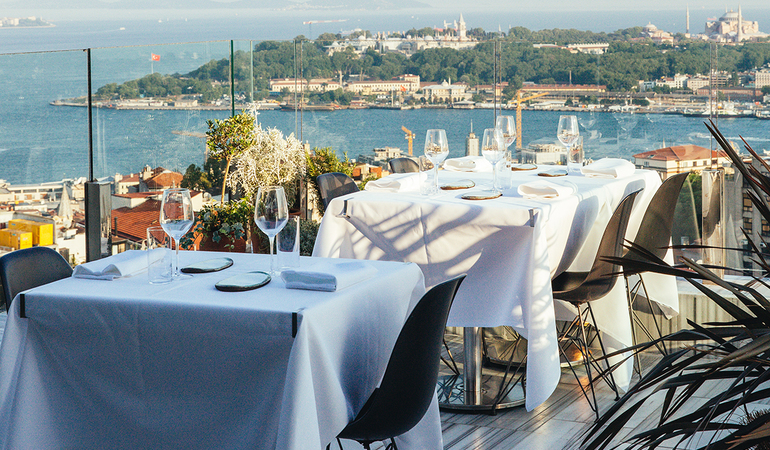
Mikla

Nusret Steakhouse
